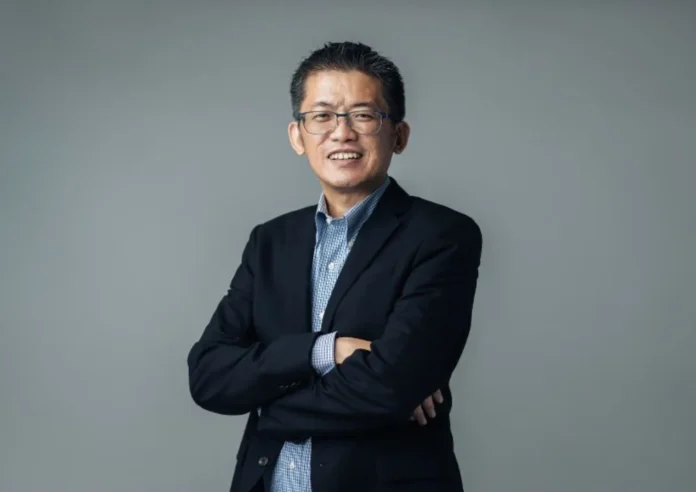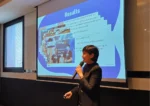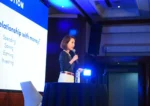Navigating the legal complexities of modern businesses can often feel like treading a tightrope. For startup founders, entrepreneurs, and corporate leaders, the stakes are high, and every decision carries a risk. How do you ensure contracts, agreements, and compliance strategies drive value while minimizing exposure? For Yeo Shi Yuan, a legal counsel expert with a...
RELATED ARTICLES
© NewInAsia.com 2025








